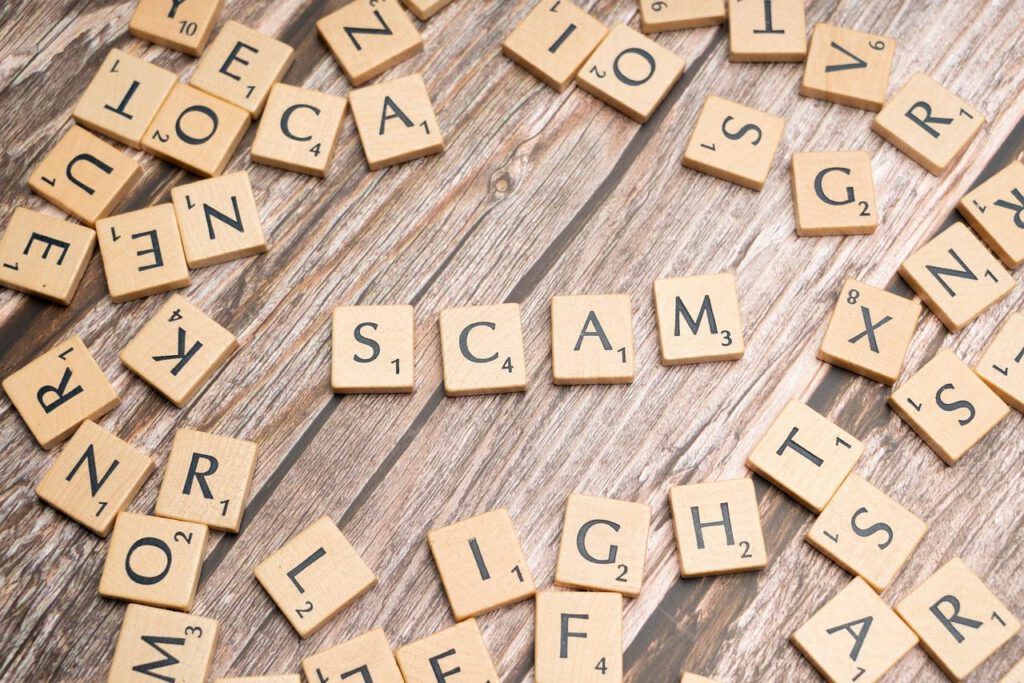Watch Out: How the “Bank Investigator Scam” is a Real Bank Scam
A Clever Trick That’s Targeting Everyday People
The latest Bank Scam involves scammers calling you, pretending to be a bank investigator. They claim they need your help with a secret investigation. It sounds official, but it’s all a ruse designed to trick you into sending money or giving away personal banking details.
If you’ve been confused or worried about a suspicious call, you’re not alone. This guide will explain exactly how this Bank Scam works, how to recognize it, what to do if you’ve been targeted, and—most importantly—how to protect yourself from falling victim. I provide clear, step-by-step guidance in the comfort of your own home, so you can act confidently and safely.
How This Bank Scam Works
Scammers use psychology, urgency, and clever tricks to convince you that you are helping your bank. Typical tactics include:
- The Call: A person claiming to be a bank investigator contacts you, saying there’s unusual activity at your branch.
- Secrecy: They insist you keep the conversation confidential, even from your family or the bank.
- The Request: You may be asked to send money or transfer funds as part of the “investigation.” Sometimes they even stage a deposit to make it seem legitimate.
This is all part of the scam. Real banks never operate this way.
Things Your Real Bank Will Never Do
To spot a Bank Scam, remember that your bank will never:
- Ask you to send money or transfer funds for an investigation.
- Request your PIN, password, or one-time security code.
- Ask you to download software or allow remote access to your phone or computer.
- Instruct you to keep secrets from your family or bank staff.
If a call or email does any of these things, it’s a scam.
Red Flags to Watch For
Be alert if:
- The caller pressures you or creates a sense of urgency.
- They insist you don’t speak to anyone else about the call.
- Unexpected money appears in your account, and they ask you to move it.
- You’re asked to give sensitive information over the phone.
If any of these happen, hang up immediately. Staying calm is key.
How to Protect Yourself from a Bank Scam
Preventing this type of fraud is about good habits and cautious verification. You can protect yourself by:
- Call Your Bank Directly
Use the number on your bank card or official website—not the one the caller provides. - Use a Different Phone
Make the verification call from another line if possible. Some scammers can stay connected even after you think you’ve hung up. - Enable Two-Factor Authentication
Extra security codes sent to your phone add a layer of protection against unauthorized access. - Stay Alert with Family and Friends
Share warnings and discuss suspicious activity. Scammers often prey on isolated individuals. - Trust Your Instincts
If something feels wrong, it probably is. Do not comply with unusual requests. - Use Mac or PC Security Tools
Installing antivirus and security software at home can help detect suspicious links or software associated with scams.
What To Do If You Think You’ve Been Targeted
Even if you’ve already engaged with the scammer, all is not lost:
- Call Your Bank Immediately using official contact methods.
- Report the Incident to local authorities and fraud centers.
- Talk to Someone You Trust to stay calm and make a safe plan.
Remember, falling for a scam does not mean you are careless. These criminals are highly skilled at deceiving people.
Recognizing Common Variations of Bank Scams
Scammers constantly adapt. Some other tactics to watch for include:
- Fake emails or text messages asking for login credentials.
- Social media messages claiming to be your bank.
- Pop-ups on your computer or phone that look like official banking alerts.
No matter the form, the rules remain the same: never share sensitive information or transfer money unless you are certain the request is legitimate.
Protecting Yourself at Home
You don’t have to be a tech expert to stay safe. I provide in-home support for those worried about scams, helping you:
- Set up secure devices.
- Recognize phishing emails and suspicious calls.
- Ensure your financial and personal information stays private.
Taking these precautions at home can prevent you from becoming a victim of a Bank Scam.
Final Thoughts: Stay Calm, Stay Safe
Bank scams are sophisticated, but with awareness, vigilance, and proper support, you can protect yourself and your money. Learning how to identify fraud and acting cautiously makes a huge difference.
👉 If you’re in the London area and want in-home guidance on protecting yourself from bank scams, securing your devices, or just gaining confidence in spotting fraud, I can help. Reach out today for personal, friendly support and keep your money and information safe.

